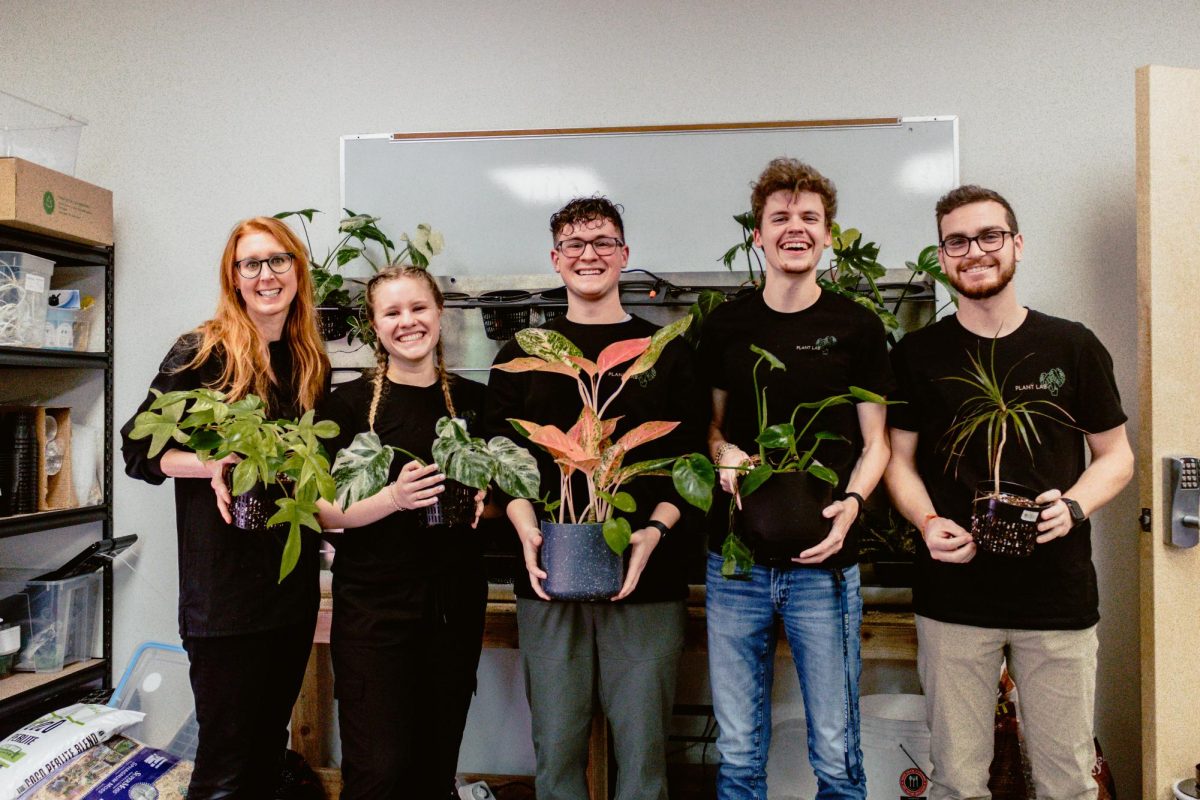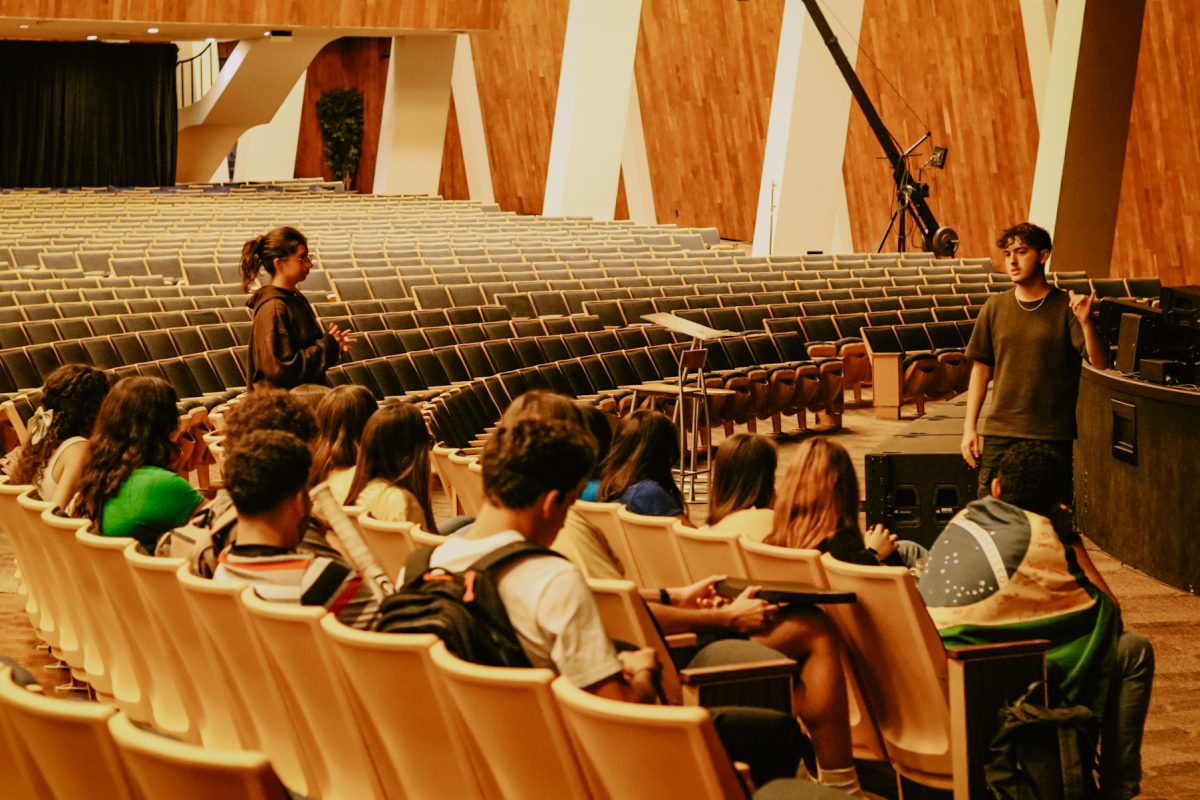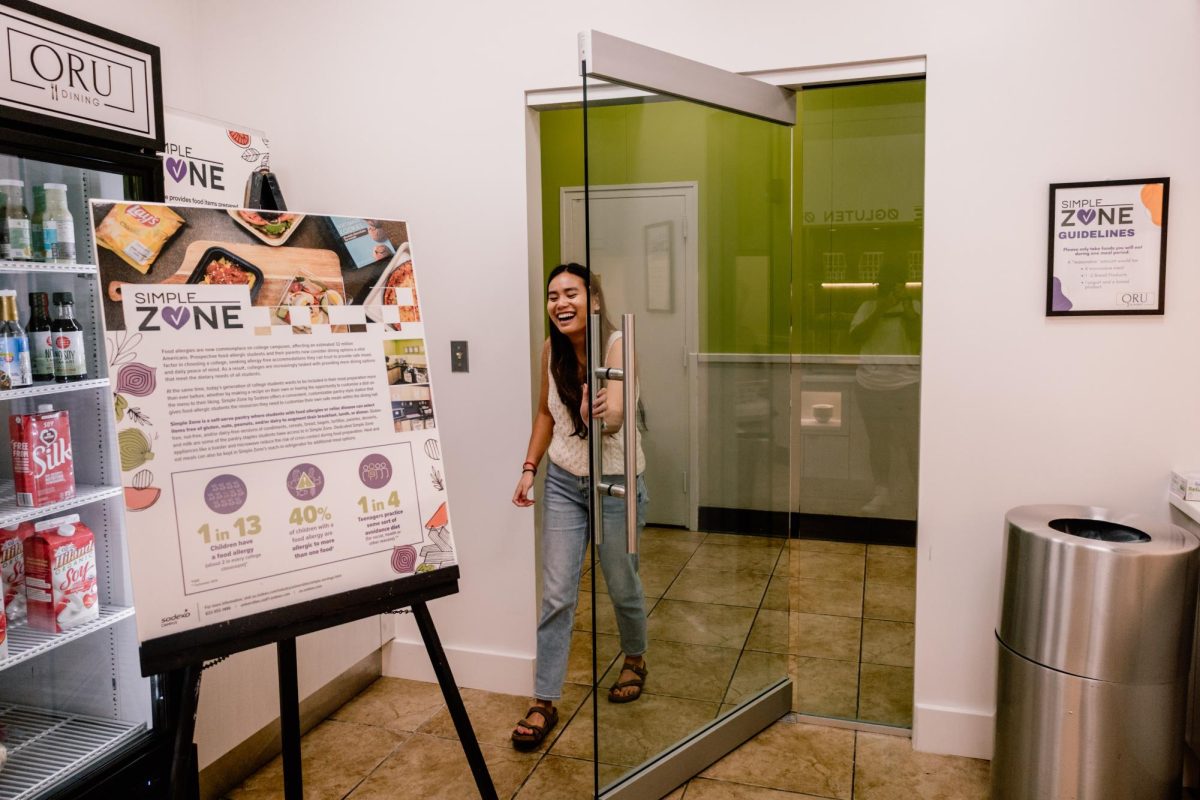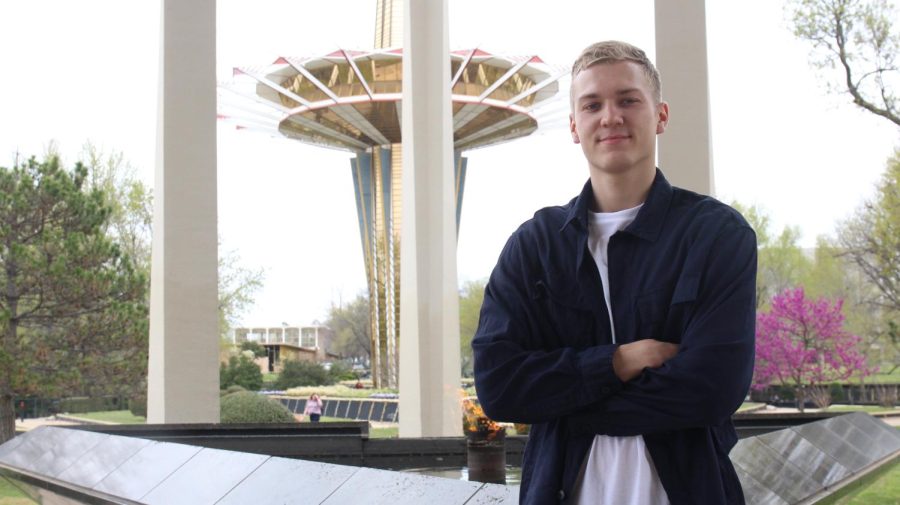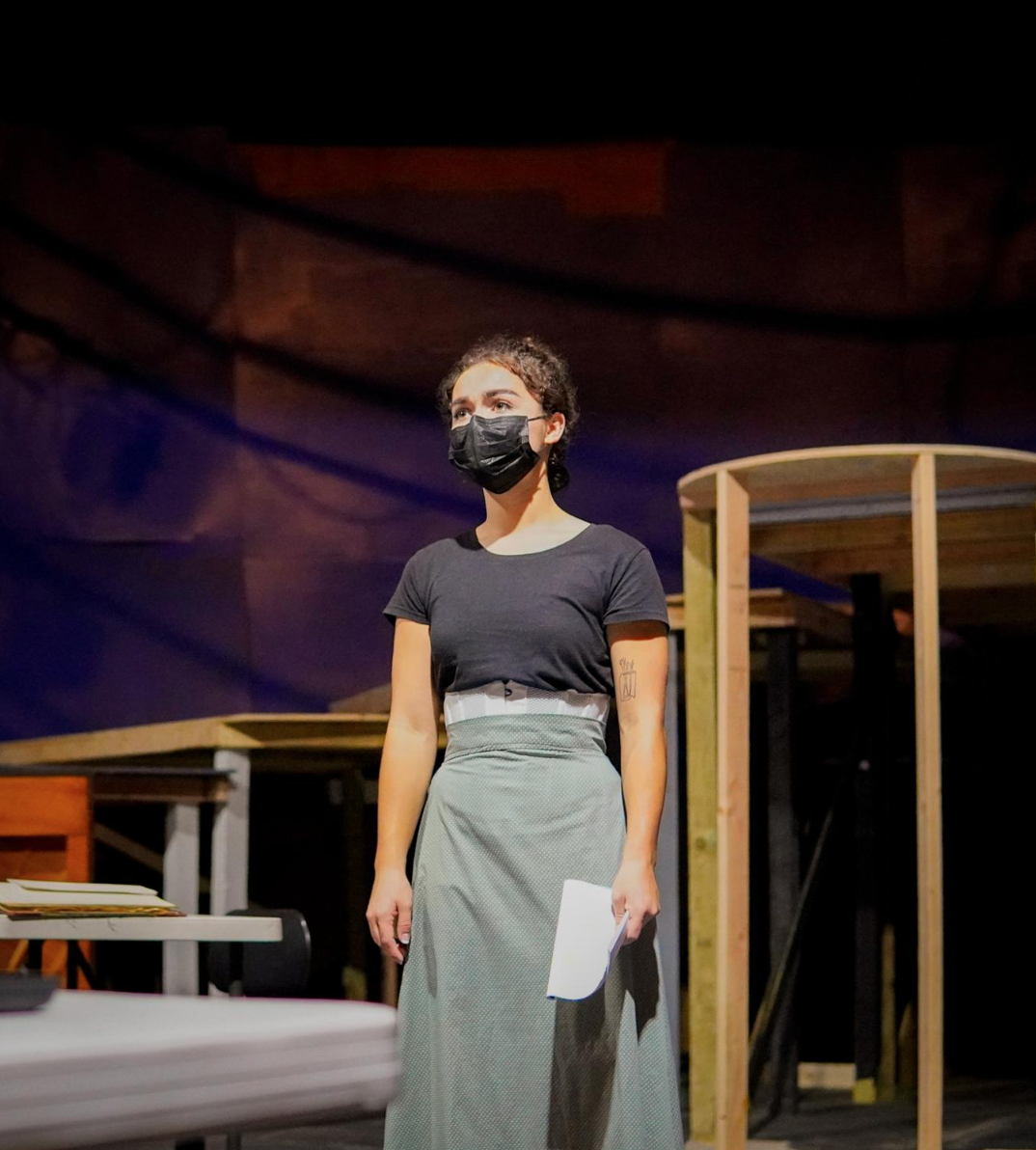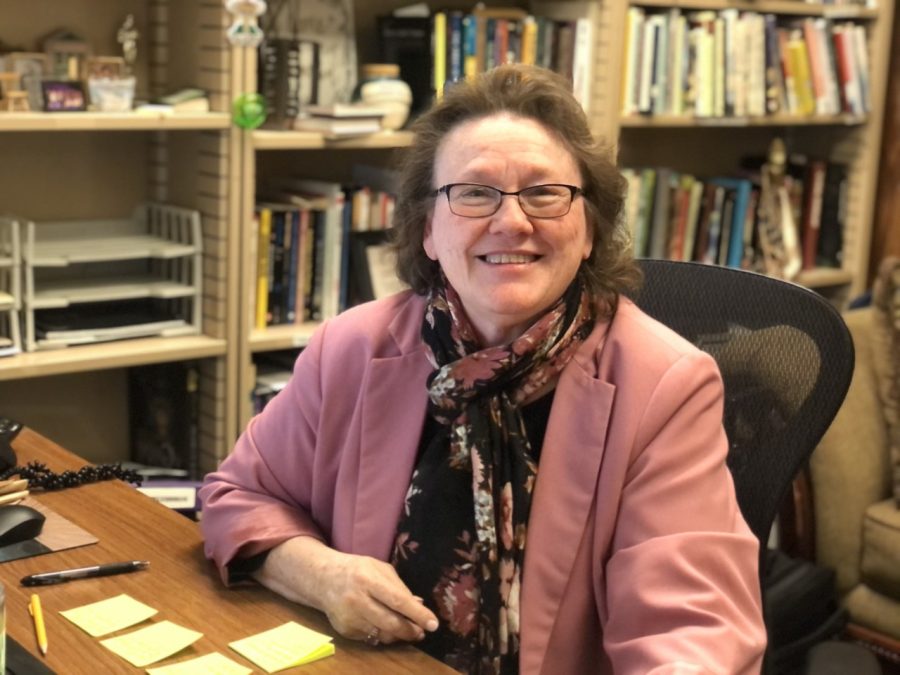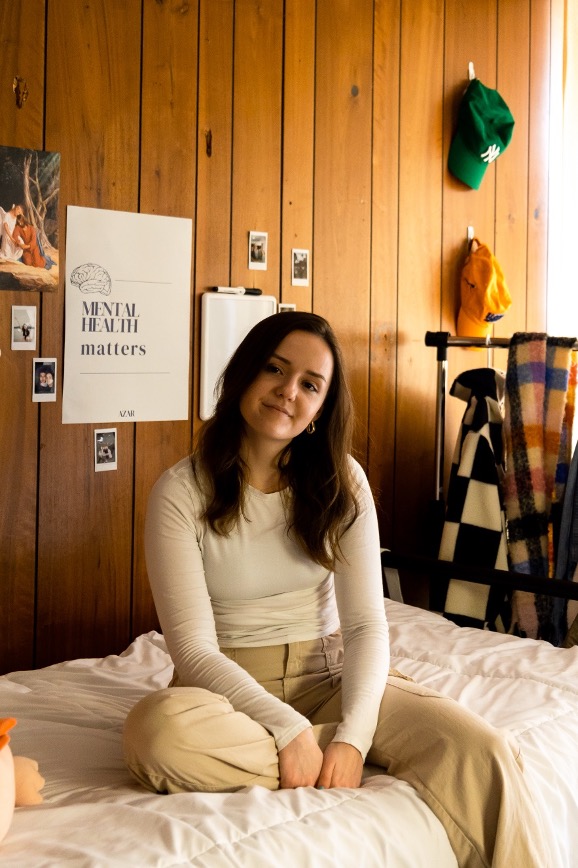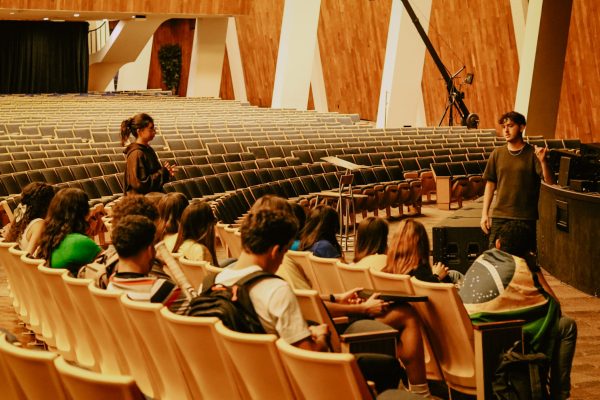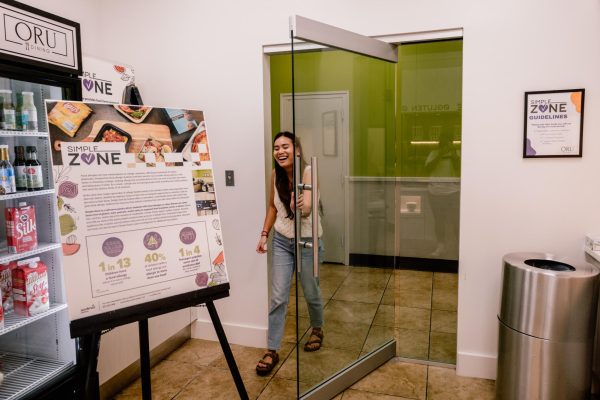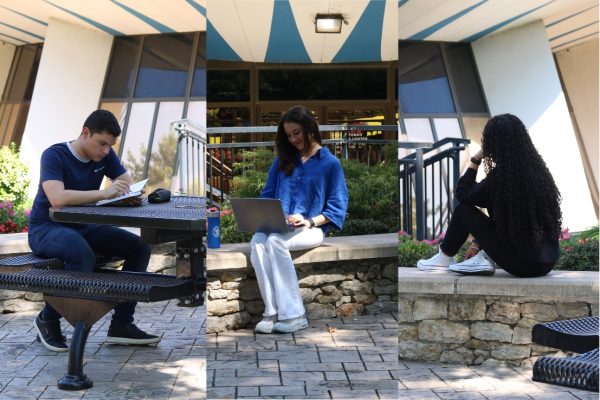The Sabbath and what it means for the tired college student
March 24, 2023
Moments before grabbing her things and running out of the classroom in the middle of a psychology lecture, Tatiana Goertzen stared exhausted at her to-do list. With each bullet point she saw, the next became more clouded by the tears forming in her eyes.
Goertzen’s heart rate quickened. Her thoughts were racing: “I can’t breathe. I don’t have time. If I could just rest. Where are You, God?”
Life had caught up to her as she ran from the classroom that day last November.
And Goertzen, a psychology sophomore at Oral Roberts University, is not alone. In a typical semester, between 70% and 96% of college students nationwide sleep fewer than eight hours on weeknights, with more than half getting fewer than seven hours of sleep, according to a study published by the National Library of Medicine.
Meanwhile, up to 44% of college students display symptoms of depression and anxiety, according to the Mayo Clinic.
In this epidemic of exhaustion, Goertzen ironically found relief in an unusual homework assignment.
Dr. Philip Nelson, chair of the Behavioral Sciences Department at Oral Roberts University, assigned Goertzen’s health psychology class eight Sabbaths to keep throughout the semester.
The Sabbath originates in the Creation narrative of Genesis, where God sets the seventh day aside for rest. It is an intentional day for rest and worship, as opposed to the haphazard byproduct of free time or a day off. The Sabbath also appears as part of the 10 Commandments in Exodus.
In describing the Sabbath, Dr. Daniel Bunn, a professor of Old Testament at ORU, calls it a “weekly disruption.”
“It is a reminder that God is the provider,” said Bunn. “Work is crucial, but God is the ultimate source.”
Nelson adds that the way in which the Sabbath is spent must be intentional.
“I think it’s trying to do things that connect you to God, connect you to others, and even connect you to God’s Creation,” said Nelson. “It’s not just, ‘Oh, I can do whatever I want,’ which may include things that aren’t honoring to God or helpful.”
For Nelson, this looks like going for a long walk with his family. For Goertzen, this looks like painting her nails. Both say it is a healing encounter with God.
Bunn, in describing Jesus’ fulfillment of the Sabbath, explains how Christ “shows what Sabbath was about all this time.”
“It was rest that included healing,” Bunn said.
Through intentional rest time and Sabbath-keeping, Goertzen experienced wholeness and healing each week.
“Taking a step back from the entire week and schoolwork gives you time to just enjoy His presence,” said Goertzen. “Not just in chapel or in your daily Bible reading, but in doing something fun. It brings me back to who I am and what God intends to do in me.”
While most of his students similarly express how restorative the assignment is, many also express levels of frustration in regards to their busyness and many tasks, Nelson said.
“I appreciate the honesty, but I am hopeful for them,” said Nelson. “God’s probably given what you need to be able to do it in six days. It’s rare for that not to be the case.”
In the same way, Bunn observes a cultural resistance to taking a Sabbath.
“I think the real root, for me and for anyone, is a resistance to relinquishing control and trusting in the Lord,” said Bunn. “It always is. People get busy, but it’s ultimately, ‘Do I really trust the Lord to just rest?’”
As Goertzen opened herself up to true rest, she experienced the healing power of this practice in routine.
“My back pain left as I rested,” said Goertzen. “I told my boyfriend, Joel, ‘This is the state of mind I want to stay in.’ If not, my back pain is insufferable because stress and pain feed off of each other.”
Although keeping the Sabbath proves to be countercultural, Goertzen believes it may be an invaluable remedy for weary college students.
“Normally the people who ‘don’t have time for this’ or don’t think they need it are the people who need it the most,” Goertzen said.


